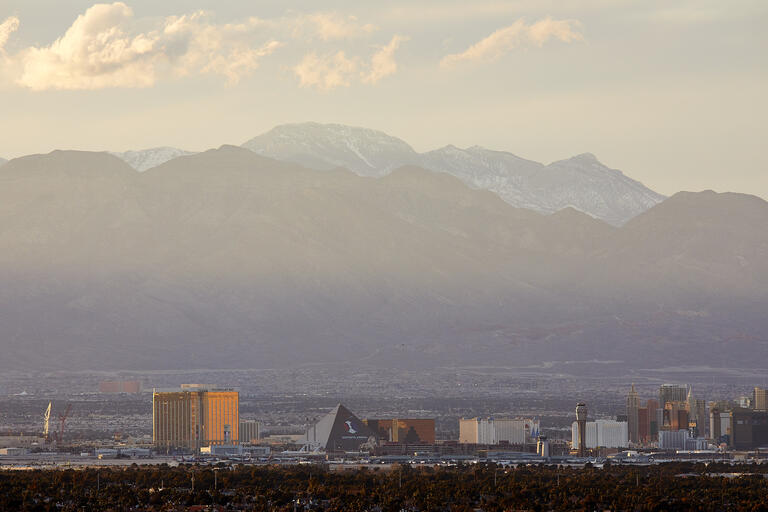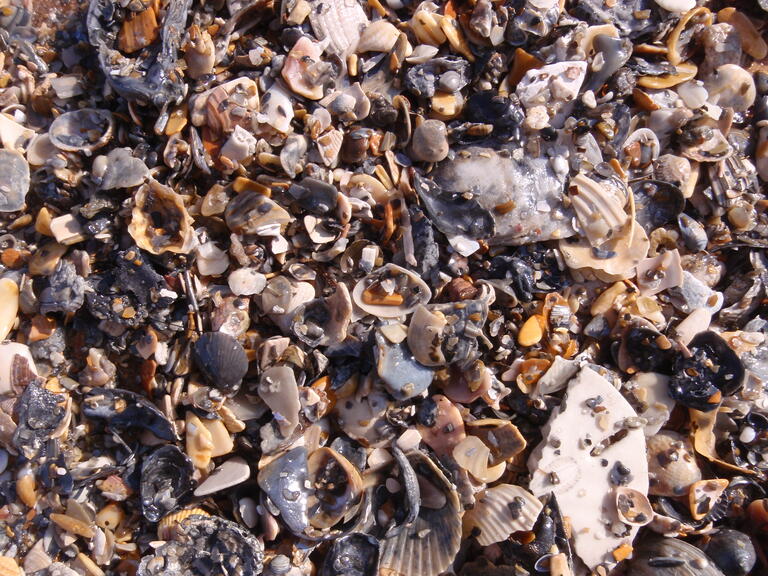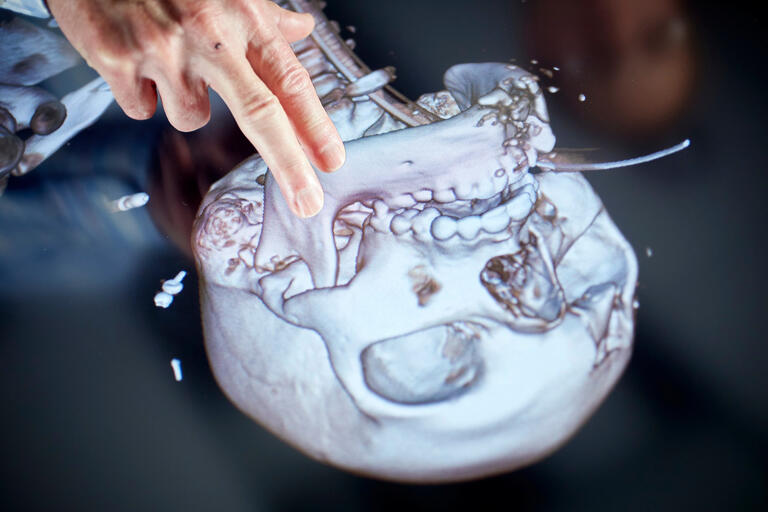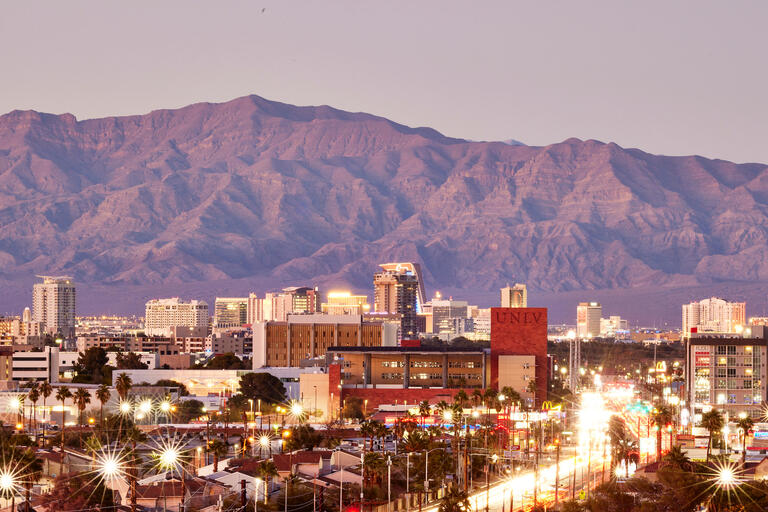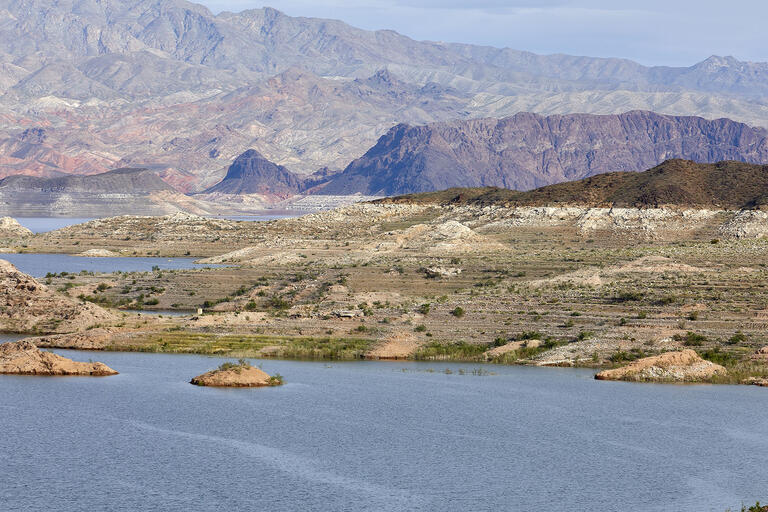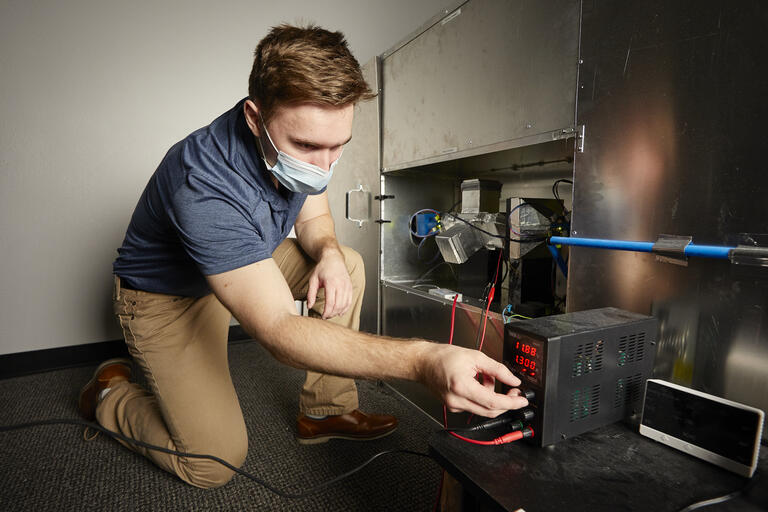UNLV research is central to Nevada’s economic prosperity, increasing the availability of good-paying jobs and the secondary industries that support them. We put our expertise to work through projects and partnerships that solve challenges, create opportunities, and answer the profound questions of our time. UNLV research also directly translates to teaching, elevating student learning and bringing context to issues facing our state, nation, and world.
